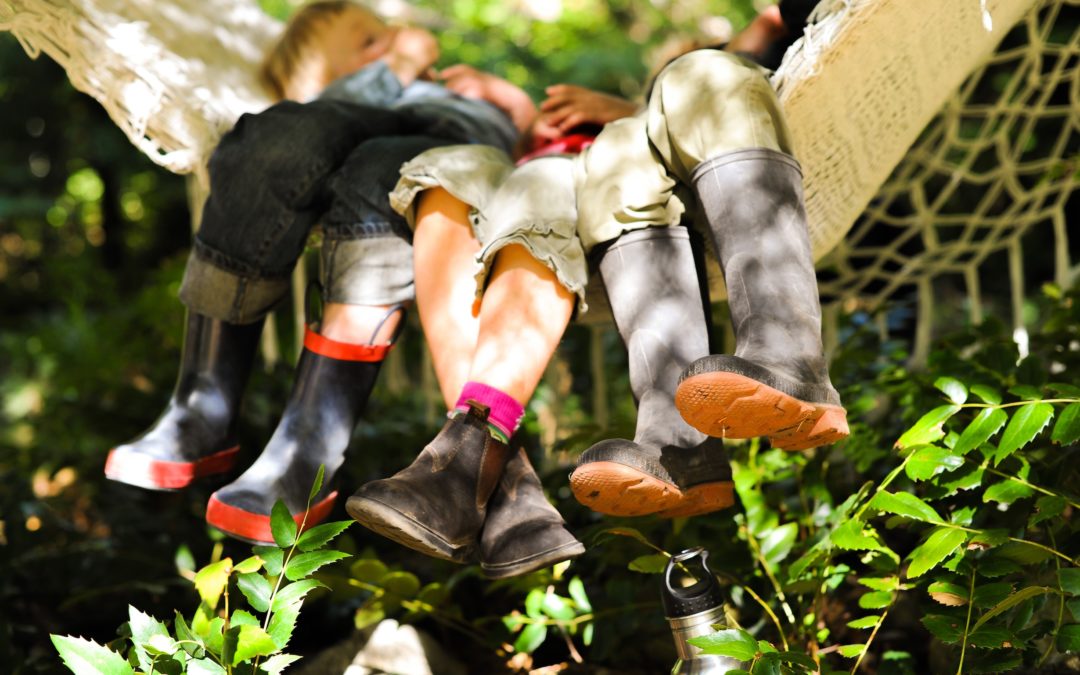Bringing Waldorf into the Home
Parents can do much to foster the healthy development of their young children by providing a wholesome environment and lifestyle at home. According to Waldorf early childhood theory and practice, young children will greatly benefit from the following:
A healthful, natural diet – Whole grains, fresh vegetables and fruits, nuts and seeds, whole milk and whole milk products, honey, eggs, fish, and poultry, all preferably organic in quality, are generally considered to be essential in a healthful diet for children, as well as adults. Nutritionists typically advise against white sugar, soft drinks, fast food and junk food, canned food, processed food, and GMO food products. Consult www.nongmoproject.org for detailed information.
Protection from extremes of heat and cold – Regulating one’s body temperature requires energy, and young children need their energy for growth and development. Thus, outdoors in cold weather, babies, toddlers, and young children can wear warm clothing, preferably of wool, including a woolen knit hat to keep them warm. In sunny and hot weather, a wide-brimmed sun hat is helpful to prevent sunburn and overheating of the head and face.
Time in nature – Opportunities for outdoor play, a daily walk in the forest or along a beach or in a park, and a visit to a beautiful wilderness area all nourish the growing child. A daily, predictable pattern of activities A clear and faithfully observed schedule of mealtimes, nap time, outside play, and bedtime can help the young child feel secure and protected. An irregular eating schedule and late or erratic bedtimes can undermine a child’s healthy development.
An afternoon nap – Research indicates that young children greatly benefit from a daily afternoon nap. In Waldorf kindergartens that have an afternoon program, the children typically take a 30-45 minute nap immediately after lunch.
A bedtime ritual – A nightly ritual that might include lighting a candle, telling a story, and saying a verse or prayer together can prepare the child for a restful sleep.
Involvement in the practical life of the home –Having tasks and responsibilities that contribute to home life, such as sweeping the porch, feeding a pet, or cleaning up after a meal, help the young child develop valuable lifelong skills and habits.
An aesthetically pleasing environment – Young children are nourished and deeply affected by what they see and touch. Beautiful, natural objects such as quartz crystals and other semiprecious stones, seashells, plants and flowers, walls painted in soft colors, tasteful furniture made of wood, particularly in the child’s sleeping room, are positive influences. Toys and dolls can be simple and made of natural materials such as wood, wool, and cotton fabric. Such playthings give the child an experience of something that is authentic, natural, and of lasting value.
Read the entire booklet here >> LettingChildrenBeChildren

